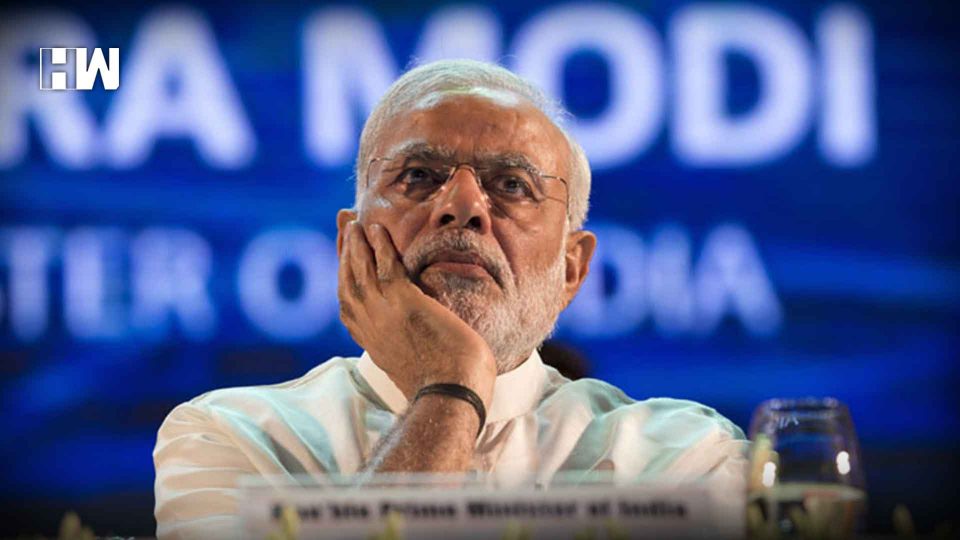The recent forecasts by the IMF, RBI, ADB and Fitch, all predict a slowdown in the Indian economy in the coming years. As against its earlier predictions of 7.5%, the IMF has cut this year’s growth rate of India to 7.3%. This trend of a continued slowdown in India’s growth is best reflected in fresh investments in our economy, which are now at a fourteen year low, with no signs of a pick-up. Indian corporates are unwilling to risk their capital into new ventures and are sitting on a record bank balance of over Rs.6.50 lac crores. Between 2007 to 2011 they averaged at Rs.25 lac crores p.a. and have fallen to a disturbing Rs.9.50 lac crores last year. The ripple effect of no new investments coming into the economy are far and wide with the worst sufferers being the small enterprises, whose turnovers in difficult times recede fast and they have a little financial buffer to tide over one bad season after another.
Thus, with new investments in India at a fourteen year low, the small and medium sectors have been undergoing immense hardship. It began with the build-up of a glut in capacity in many sectors during the 2007-2011 era, and the resultant failure of projects, making new investments risky and building a mountain of NPAs. But the BJP never did recognise the seriousness of this problem and did not initiate timely rectification reforms. On the other hand, the BJP government undertook a series of misdirected government policies, which not only disrupted the economy but also discouraged further investment from the private sector. The draconian demonetisation, the hurried onset of the GST, heavy-handed tax administration and mindless amendments to the corporate law, have been blunders of the NDA government, which further eroded the confidence of the ordinary entrepreneur, into investing in new projects.
The government was late in recognising this crisis and even when it did, its politically motivated response was to deny it, by putting forth doctored statistics of GDP growth, employment etc. to say that all is well, which it was not. The ground level realities continued their grim run. Lakhs of enterprises closed down in the post demonetisation era and millions lost their jobs. With little confidence in the government’s policies and intent, millions of small enterprises, were also unwilling to register, under the GST. As a result of such mindless policies, the business, operating cash flow and profits of small enterprise suffered the most, with millions battling for survival.
While the PM may not be willing to openly accept the national crisis that the small scale sector faces, this grave reality does not go unnoticed by him, as a politician. With the compulsion of elections on the cards, in a bid to appease all sections of the small and informal sector, as an immediate financial steroid to them, the PM has been on a loan distribution spree. It was in the run-up to the state elections in November 2018, that the PM announced the 59-minute loan scheme for the MSME enterprises, promising loans up to Rs.1 crore, to these enterprises within 59 minutes, without any collateral security. It is said that over Rs.40000 crores have been disbursed under this scheme so far. But then, realising that this loan mela is not enough, in a recent rally at the Talkatora Stadium at Delhi, he has promised to give a loan up to Rs.50 lacs per trader, without any security or guarantee, if the NDA was returned to power. He called traders the backbone of our economy and its largest stakeholders and hence the need to assuage them too. In the meanwhile banks continue to recklessly disburse target based MUDRA loans up to 10 lakhs per person, to appease yet another segment of India’s struggling informal sector.
The PM’s reckless loan melas will not help to revive the fortunes of this sector, which has suffered a body blow due to thoughtless policies. What he is giving is mere a dole, by way of loans, to struggling businesses, which is no substitute for reforms and policies, that he failed to initiate in his five years rule. Doles do not substitute reforms.
As an independent media platform, we do not take advertisements from governments and corporate houses. It is you, our readers, who have supported us on our journey to do honest and unbiased journalism. Please contribute, so that we can continue to do the same in future.

